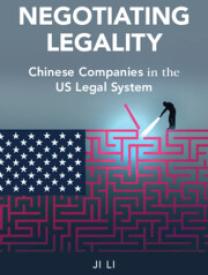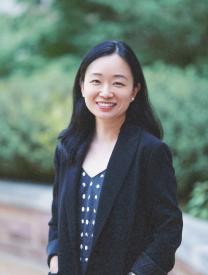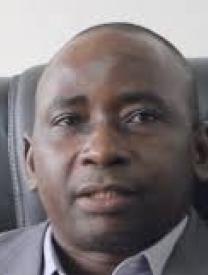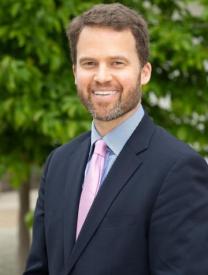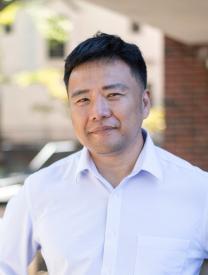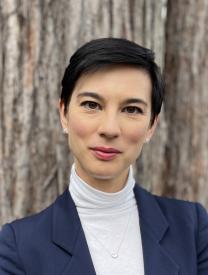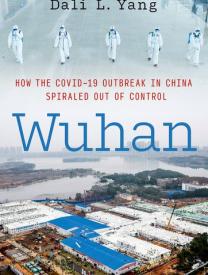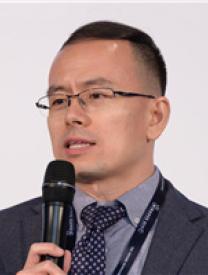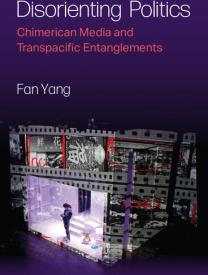Each year, the CSCC invites leading experts to Penn to present their research and share their knowledge about contemporary China. Typically scheduled for Wednesday afternoons 4:30-6 pm, speakers will deliver their remarks and then entertain questions from the audience. Attendance is open to the entire Penn community. Announcements about upcoming talks will be posted on the CSCC website and disseminated via the Center’s listserv. To be added to the listserv, please visit our signup page https://groups.sas.upenn.edu/mailman/listinfo/cscc-announce.
Past Speaker Series
Negotiating Legality: Chinese Companies in the US Legal System
Book Talk
Ji Li, John S. & Marilyn Long Chair of US-China Business and Law, UC Irvine
Despite escalating geopolitical rivalry, the US and China continue to be economically intertwined. Numerous Chinese companies have made substantial investments in the US and are reluctant to exit this strategically…
From Empire to Nation-State: War, Emulation, and National Identity in China
Peng Peng, Assistant Professor of Political Science & Global Studies, Washington University in St. Louis
Professor Peng examines when, why, and how national identity emerged in China. She argues that war acted as a catalyst for two distinct psychological mechanisms: enmity (humiliation and other negative emotions) and…
The developmental benefits and emerging contradictions of Chinese migration to Ghana
Joseph Awetori Yaro, Professor of Human Geography, University of Ghana
Migration has historically shaped the development of new landscapes, yet discussions on migration’s role in development often emphasize remittances to sending regions rather than the contributions migrants make to…
The Role of Industrial Firms in China’s Efforts to Mitigate Climate Change
Valerie Karplus, Professor of Engineering and Public Policy, Carnegie Mellon University
China’s climate change pledge targets carbon neutrality by 2060. Policies and plans have begun to support decarbonization domestically while at the same time the country is becoming an increasingly important supplier…
Adversarial Comparativism: The Role of Emotion in US-China Comparative Law Projects
Matthew Erie, Associate Professor of Modern Chinese Studies, Oxford University
Theodore Roosevelt once wrote “comparison is the thief of joy.” Nowhere may this be more apparent than in the US-China relationship. Whether it’s the size of economies or navies, Olympic gold medal count, box office…
Value-Form Queer Theory
Petrus Liu, Professor of Chinese & Comparative Literature and of Women’s, Gender, and Sexuality Studies, Boston University
Co-sponsored by Theorizing Colloquium Series of Comparative Literature and Literary Theory, with special thanks to…
Examining US-China Strategic Competition: The Case of China’s Global Initiatives in the United Nations System
Courtney J. Fung, Associate Professor of Security Studies & Criminology, Macquarie University, Australia
China’s well-reported multilateral rise is presumed to challenge US leadership a Western-dominated United Nations system. Amongst China’s many multilateral contributions are its advance of ‘Global Initiatives,’ which…
How the COVID-19 Outbreak in China Spiraled Out of Control: Agency, Cognition, and the Politics of Information
Dali Yang, William Claude Reavis Professor of Political Science, University of Chicago
In this book talk, Dali Yang, author of Wuhan: How the COVID-19 Outbreak in China Spiraled Out of Control(…
Whither the U.S. One China Policy? Perceptions, Interests, and Tensions over the Taiwan Strait
Dalei Jie, Associate Professor of International Studies, Peking University
In recent years, China has accused the U.S. of “hollowing out” its own one China policy, while the Biden administration has insisted that its one China policy has not changed. The talk establishes an analytical…
Disorienting Politics: Chimerican Media and Transpacific Entanglements
Fan Yang, Professor of Media and Communication Studies, University of Maryland, Baltimore County
Register via Eventbrite
…

